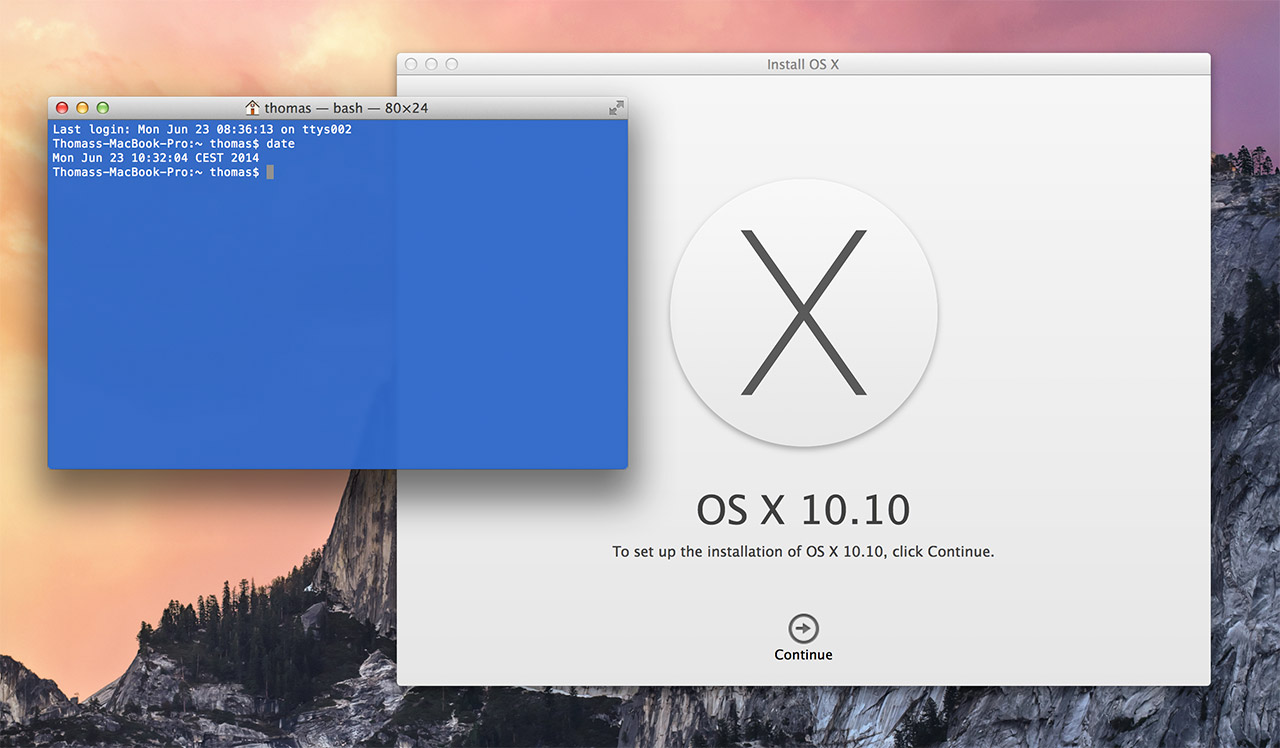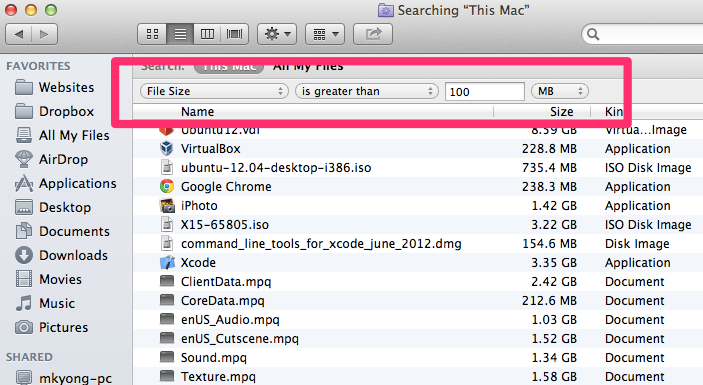
- HOW TO FIND DESKTOP IN MAC OS X TERMINAL HOW TO
- HOW TO FIND DESKTOP IN MAC OS X TERMINAL MAC OS
- HOW TO FIND DESKTOP IN MAC OS X TERMINAL PASSWORD
- HOW TO FIND DESKTOP IN MAC OS X TERMINAL FREE
Note you can access the “Other” field when hiding the login user name list or with the list of users at the logins screen enabled, but it will not work with Automatic Login enabled. You can exit out of this environment by rebooting from the command line with the shutdown or reboot commands.
HOW TO FIND DESKTOP IN MAC OS X TERMINAL MAC OS
HOW TO FIND DESKTOP IN MAC OS X TERMINAL PASSWORD
HOW TO FIND DESKTOP IN MAC OS X TERMINAL HOW TO
How to Access a Terminal at Login Screen in Mac OS If you know of a way around this, share with us in the comments. If you attempt to load the Console from login screen on an unsupported Mac, you will either just see a blank black screen which appears to be inescapable, requiring you to forcibly reboot the Mac, or you will briefly see a flash of white text on the black screen, and then a blank black screen that also requires a reboot to escape. Sudo defaults write /Library/Preferences/ "DisableConsoleAccess" NO

You can attempt to enable the login console in Mac OS / Mac OS X with the following defaults command, and then reboot the Mac to then follow the directions further below to see if you can access the login screen terminal:

HOW TO FIND DESKTOP IN MAC OS X TERMINAL FREE
Feel free to report in the comments below if you have success with this or not, and your version of system software. The Console login feature appears to be supported in Mac OS X 10.9.x (Mavericks), 10.8.x (Mountain lion), 10.7.x (Lion), 10.6.x (Snow Leopard), Leopard, Tiger, etc but may or may not be supported in MacoS Mojave (10.14) macOS 10.13.x (High Sierra), macOS 10.12.6 (Sierra), OS X 10.11.6 (El Capitan), or 10.10 Yosemite. Does my MacOS version support Login Terminal / Console?Ĭonsole Login is not supported by all versions of Mac OS or Mac OS X. Single User Mode and Recovery Terminal are really best for troubleshooting and is not an appropriate environment for more generic command line interactions, but the direct Console login can be used just like you would the Terminal app. Two common uses of Single User Mode are repairing a disk with fsck and changing an admin password, or other troubleshooting tasks. For one, with the Console Login trick you can login directly as any user on the Mac with user level privileges, whereas Single User Mode always uses a root login with many system services and processes disabled, and is aimed for more administrative purposes. It’s also important to point out the hidden login Console / Terminal is completely different from Single User Mode or the Recovery Mode Terminal, which are supported on all Macs and Mac OS versions. Before diving in, realize this is really only for advanced Mac users thoroughly comfortable with the command line environment.


 0 kommentar(er)
0 kommentar(er)
